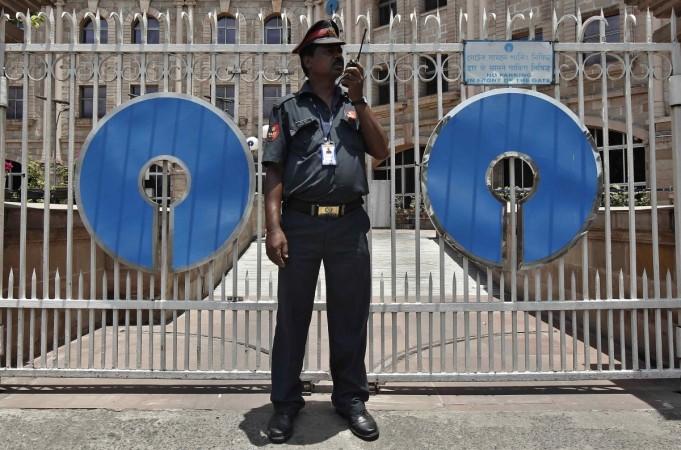Due to poor credit offtake, public sector banks (PSBs) have been preferring to invest their deposits in government funds well above the RBI-mandated 22 per cent. Now, to their comfort, the same is set to bring them a windfall, in the form of higher treasury gains.
Bankers see the gains as an opportunity to offset higher provisioning for debts, apart from write-offs, which have dented their profit over the last few quarters.
It is expected that PSBs would book treasury gains of ₹2,000 crore as the value of their government bond holding is likely to go up this quarter as a consequence of the rate cut.
"Banks would like to clean their balance sheet with the help of treasury gains. Higher the provisions, less the worry on the balance sheet front," said Arundhati Bhattacharya, chairperson of State Bank of India (SBI).
It is estimated that PSBs hold 28 percent of their deposits in government bonds.

Bigger PSBs may use the treasury gains to make higher provisions for bad loans, said Rakesh Shinde, research analyst with brokerage firm Bonanza Portfolio.
The rate cut is also expected to bring down the debt burden for Indian corporates and ensue a better investment climate.
SBI's Bhattacharya noted that while a 25 basis-point reduction is not too much of a breather, it will still have a material impact on small borrowers and help create a growth-oriented environment.
"On the NPA side, slippages have come down, but unless the resolution reaches its logical end, we have to keep providing for loans," she remarked, read Economic Times.
Credit demand has reduced to 10.5% against the 14.5%, a year ago.
There is another upside to the rate cut resulting in higher treasury gains: higher earnings would enable PSBs to improve their Tier-1 capital, said analyst Vaibhav Agarwal at broking firm Angel Broking.















